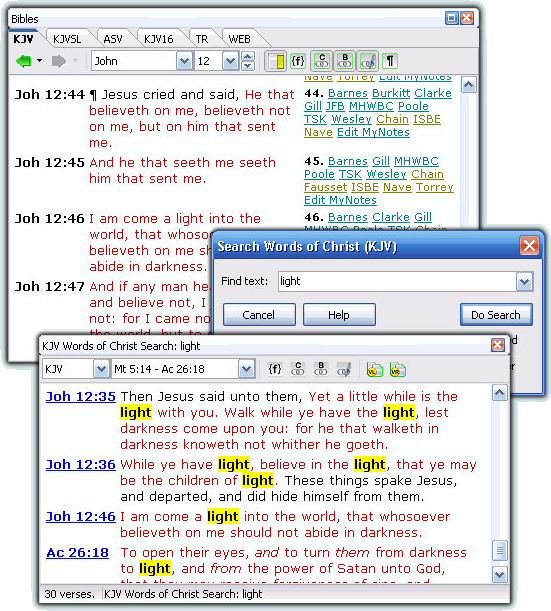


Two years after the publication of "Equidistant Letter Sequences in the Book of Genesis," journalist Michael Drosnin injected "the bible code" into pop culture with the publication of his book The Bible Code (1997). Now, while a line of text from the Book of Genesis is not gibberish, code researchers place lines of its text into randomly chosen "matrices" creating an almost inconceivable number of possible random lines of text to choose from. Looking at every third letter, spells out "Jesus." The process relied upon "Equidistant Letter Sequencing (ELS)," whereby researchers take a single letter, skip ahead a certain number of spaces to a second letter, and then repeat the process using the same numeric interval.įor instance, let's say you have the following line of text:īy itself, this line of letters looks like gibberish, but if you bold every third letter, you get this: In their paper, the authors set out to prove that the names of famous rabbis could be found with the Book of Genesis in close proximity to the dates of their births and deaths in such a way that chance alone could not explain. In 1994, Doron Witztum, Eliyahu Rips, and Yoav Rosenberg published the paper, "Equidistant Letter Sequences in the Book of Genesis", in the scientific journal Statistical Science. In case you aren't familiar with it, here's some background on the bible code phenomenon. Well, if some people are promoting the bible code and bible code predictions as proof of God's divine authorship of the Bible, then non-believers who investigate the claim could potentially be turned away from Christianity when they discover the facts about the bible code. Yet, The History Channel continues to run its "documentaries" on the bible code, which in turn, prompts people to personally investigate the codes only to find dead ends, disappointment, or hours of wasted time. It's been more than two decades since the so-called "bible codes" were first introduced in the public forum, and the sensational claims of some of its proponents can at best be described as statistically insignificant. History Channel creations such as Bible Code: Predicting Armageddon (2003) and Bible Code II: Apocalypse and Beyond (2004) as well as references to the bible codes in numerous other television series help foster the impression that existence of a "bible code" is established fact. While this is an old issue in most Christian circles, some people are just now learning about "the bible code." Do bible code predictions have any credibility?


 0 kommentar(er)
0 kommentar(er)
